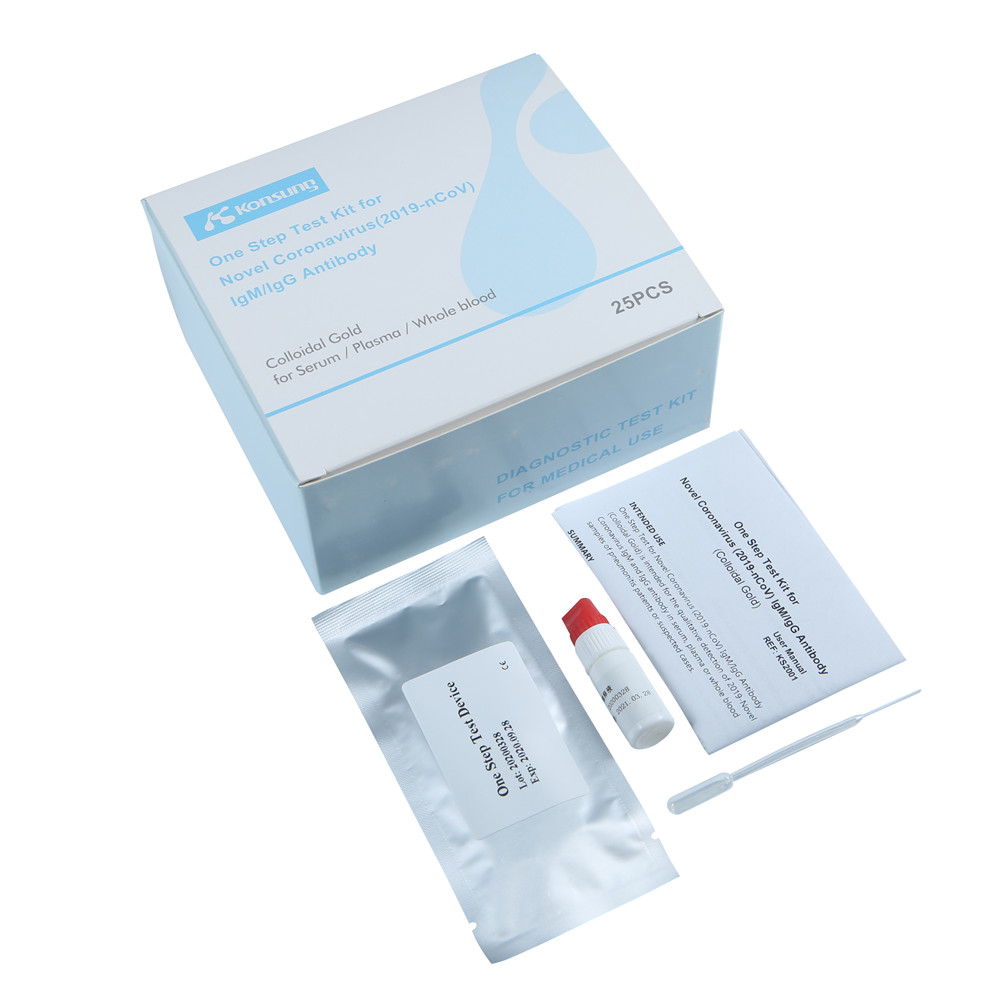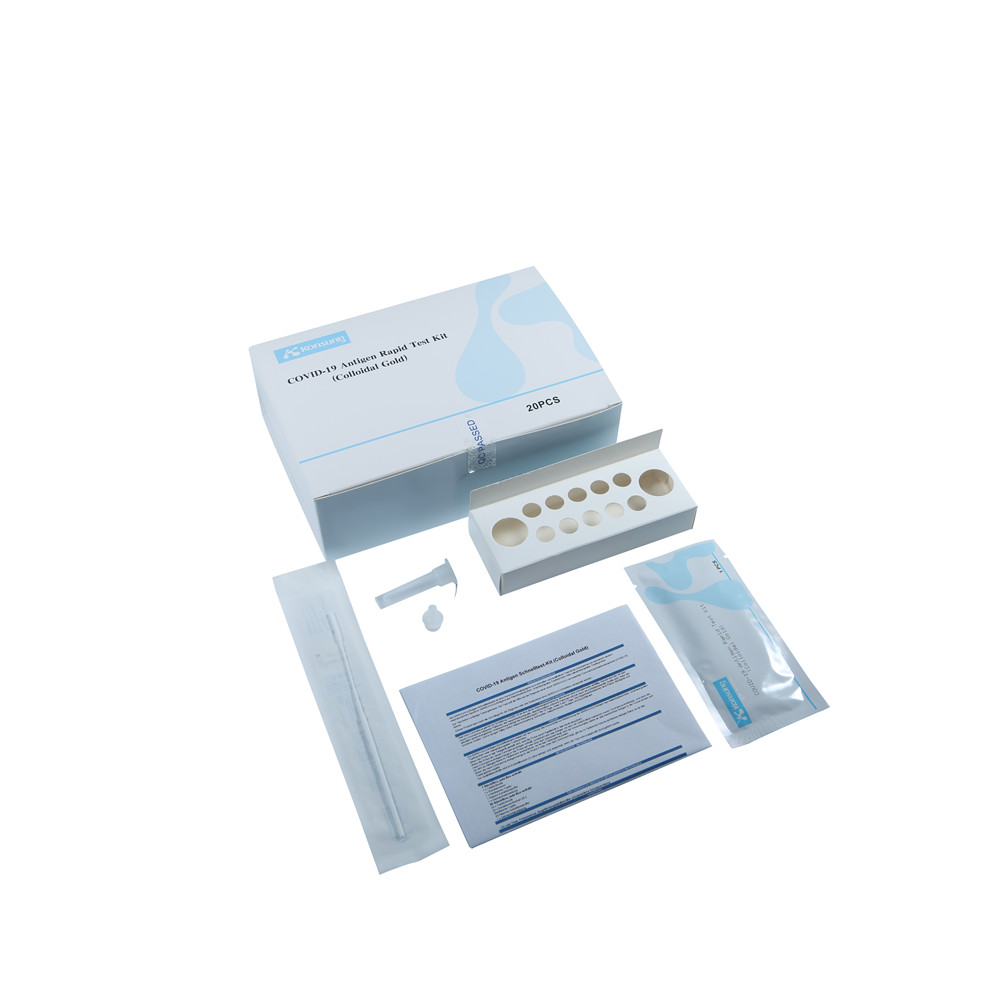Rapid test kits have become a vital part of the response to the COVID-19 pandemic. Most people are confused of whether to select antigen or antibody. We will explain the differences between antigen and antibody as follows.
Antigens are molecules capable of stimulating an immune response. Each antigen has distinct surface features, or epitopes, resulting in specific responses. Mostly generates during the early stages of viral infection.
Antibodies (immunoglobins) are Y-shaped proteins produced by B cells of the immune system in response to exposure to antigens. Each antibody contains a paratope which recognizes a specific epitope on an antigen, acting like a lock and key binding mechanism. This binding helps to eliminate antigens from the body. Most occur in the middle and late stages of viral infection.
Antigen and antibody are both suitable to the detect of COVID-19, both can be used as beneficial tools for large-scale screening during epidemic period. The combined detection of antigen and antibody can be used to exclude people who infected COVID-19, and the performance is a little more accuracy than single nucleic acid test result.
The antigen and antibody from Konsung medical have already been exported to many Middle east and European countries, and we got highly praised and appreciated from many of clinics and hospitals.
Home test kits have already got the selling license of Czech…
Post time: Jun-30-2021


